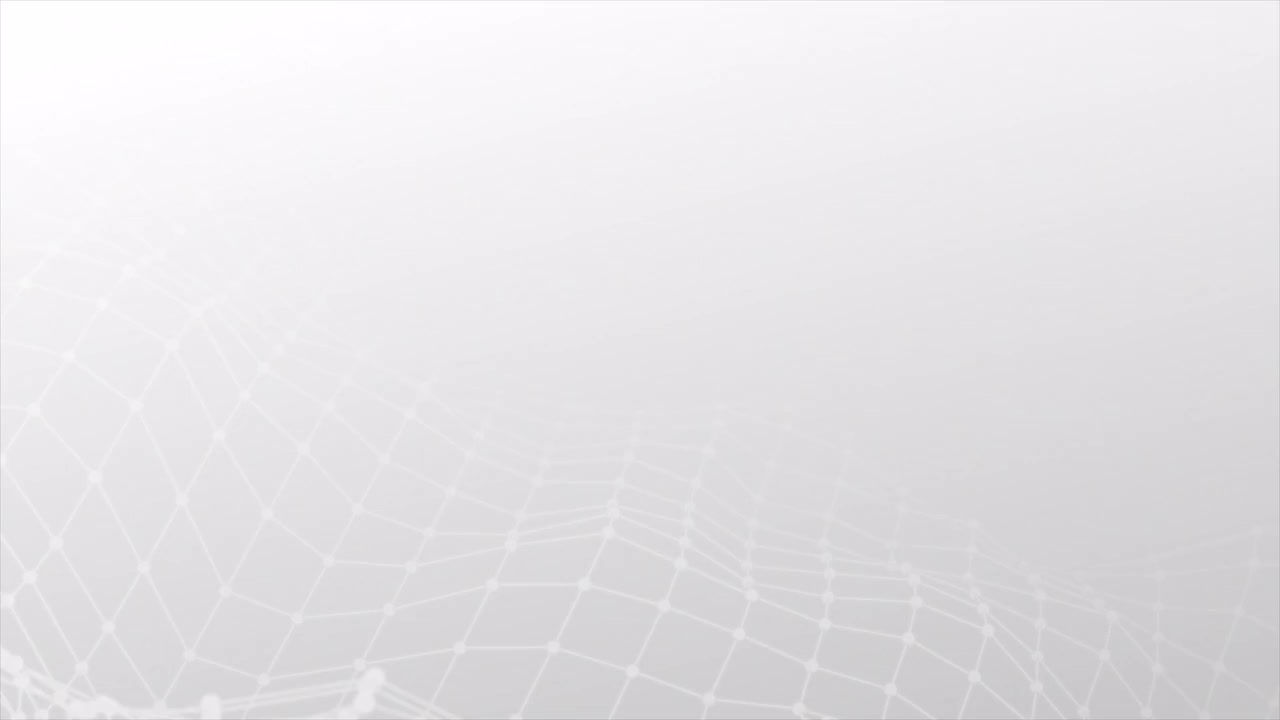Why Do We Choose Cake Over Cardio? The Hidden Science Behind Unhealthy Decisions
- NIMISHA DAS 2582107
- Aug 23
- 2 min read
Ever wondered why you vow to start eating healthy on Monday but find yourself bingeing
on pizza by Wednesday? Or why does quitting smoking always begin tomorrow?
You’re not alone…, and it turns out your brain might be wired to sabotage your long-term
goals.
The Time Trap: Temporal Discounting
At the heart of this mystery is a concept called temporal discounting—our tendency to
devalue rewards the further they are in the future. It's why a donut now often wins over a healthier body months later. Researchers have found that people with higher temporal discount rates are more likely to:
Smoke
Drink heavily
Misuse drugs
Skip preventive health practices like vaccinations or screenings
Interestingly, this effect holds true across many behaviors, especially when decisions involve money, food, or drugs, things that promise instant gratification. But Here is the Twist: Not All Discounting Is Equal
Contrary to what we might assume, people don’t always discount future health outcomes
the same way they discount money. Some people actually prefer to get illnesses over with
rather than delay them. This is known as negative time preference, often driven by
something called dread (anticipatory suffering). Others show zero-time preference, treating
future and present health equally.
This variability makes it hard to predict behavior using health discounting alone. But
discounting money? That’s a much better predictor of whether someone smokes, overeats,
or relapses.
Is It Just Weak Willpower? Not Quite.
The old view, “people just choose the short-term win over the long-term good”, only tells
part of the story. The research suggests that habit formation plays a huge role. Initially, our
choices may be intentional, but repeated actions create model-free habits, automatic
behaviors triggered by cues like a cigarette pack or dessert tray.
Even when someone wants to change, their brain may default to what it knows best; what's
been reinforced over time.
From Theory to Tools: A New Way to Understand Health Decisions
The researchers propose moving beyond the old discounting equals impulsiveness quot; idea.
They recommend a dual-system framework:
Model-based system: Thinks ahead, plans, and considers consequences.
Model-free system: Acts on habit, repetition, and immediate reinforcement.
Understanding how these systems interact, especially how cues in our environment hijack
our behavior, opens doors to smarter interventions. Think:
Personalized nudges
Digital prompts at decision points
Habits that replace rather than resist unhealthy cues
So, What Can You Do?
Knowing that your brain discounts the future doesn’t mean you’re doomed. You can:
Change the environment (out of sight, out of mind really works)
Make long-term goals feel immediate (e.g., visualizing the benefits daily)
Build new habits gradually, letting your model-free system work for you
Final Thought
We often blame ourselves for poor decisions, but research reveals a deeper story. Our
choices reflect complex inner dynamics between instant and delayed rewards, habits, and
intentions. Understanding these dynamics can help us stop fighting our brains, and start
training them.



Comments